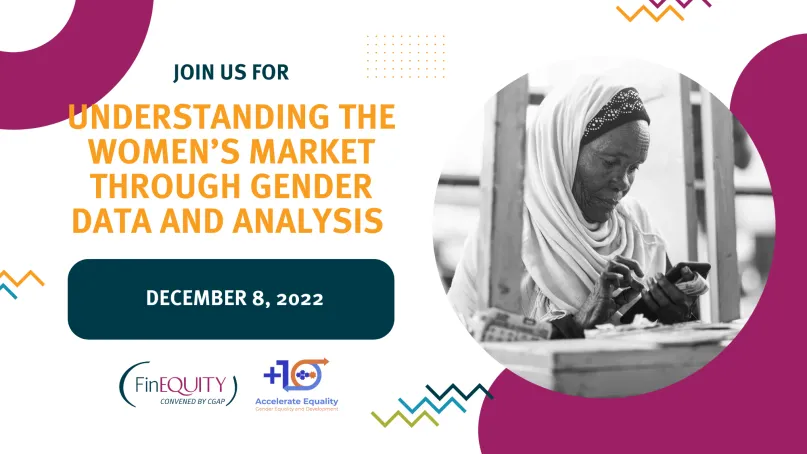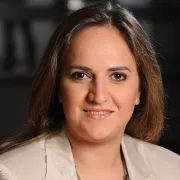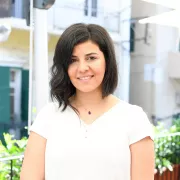Understanding the Women’s Market Through Gender Data and Analysis

While the financial services gender gap is narrowing, access to financial services remains unequal and there is much work to be done to collect, analyze, and share data on market size in order to develop, market, and measure (the impact of) products and services tailored to women’s needs. Sex-disaggregated data is essential for product design and monitoring and paramount to understanding the impact of financial inclusion interventions on women's lives.
This workshop gave us the opportunity to dig into a few resources featured in our recent Gender Data and Analysis Guide. We were joined by the Financial Alliance for Women, a network of financial organizations dedicated to championing the female economy, advocates for focusing on the women’s market by quantifying the market opportunity and financial benefits for financial service providers in, Global Business Case Tool for Financial Services Providers. We also heard examples of how good gender data and analysis can help FSPs to understand the women’s market and to understand whether they are achieving product goals related to outreach and usage.
What is Gender Data and Analysis?
Gender data or statistics adequately reflect differences and inequalities between women and men in all areas of life. Gender data that is collected and presented by sex as a primary and overall classification reflect gender issues and are based on concepts and definitions that adequately reflect the diversity of women and men in all aspects of their lives. Gender data also considers stereotypes and social and cultural factors that could induce gender bias in the data.* Gender analysis examines how and why gender constraints, such as social norms, impact financial market systems, how these constraints affect different segments of women (and men), and how to use these insights to design better financial products for women.
*Note: Sex most often is presented as male and female. However, initiatives such as Data2X highlight the continued evolution of data systems to represent all individuals who identify as male, female, and other gender identities.

This event is part of the World Bank Group’s yearlong Gender Equality and Development +10: Accelerate Equality initiative, which explores the important progress made and lessons learned over the last 10 years in closing gender gaps and promoting girl's and women's empowerment and drives for transformative change in the future.
It provides an opportunity to showcase successes, learn, and develop ideas and further momentum for the future of gender equality and women’s leadership, while taking stock of remaining challenges and strengthening partnerships in the quest to #AccelerateEquality.
About this event
Online

Karyl Akilian
Karyl Akilian is the Director of Marketing and Business Development, where she is responsible for increasing the impact of the Alliance’s communications, providing institutional support to members on Women’s Market program development as well as supporting the expansion of the Financial Alliance for Women.

Jose Etchegoyen
José has over 25 years of experience in international banking and emerging markets, focused on unbanked or underserved populations. Currently, at IFC, he leads advisory services, product development and strategy for the Banking on Women business line. He also leads mentoring and training activities on best practices in Banking on Women.

Carine Fersan
As the Manager of Marketing and Peer Learning at the Financial Alliance for Women, Carine is responsible for designing and implementing the marketing strategy and the Alliance’s digital media, as well as enhancing its brand positioning as the reference for Championing the female economy. In addition, she manages the new and existing peer learning activities and their implementation globally.

Billy Rodriguez
Billy is the Agribusiness Banking Manager for Banco Lafise Honduras. He oversees the activities and strategies around the commercial agribusiness loan portfolio in Honduras. He joined Grupo Lafise in 2013 in Nicaragua, and held different roles in Consumer Banking and Commercial Banking before joining Banco Lafise Honduras in 2018. In his current role, he has created and executed several alliances to provide access to credit for local farmers previously unable to do so, in alliance with non-profits and private sector actors.

Pablo Freund
Pablo Freund is the Founder of Bare Maximum, a boutique advisory firm, working with companies leading the emergence of an ethical, sustainable and regenerative economy. Pablo also serves as Senior Associate to Criterion Institute, a think tank focused on how the financial system can drive change in gender and power dynamics in the world, he is the data science lead for the Financial Alliance for Women.